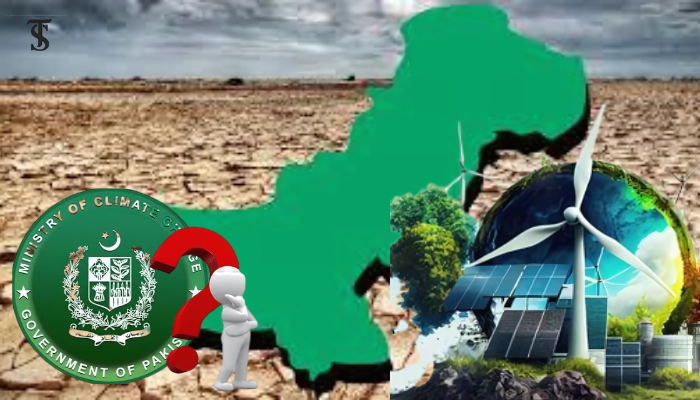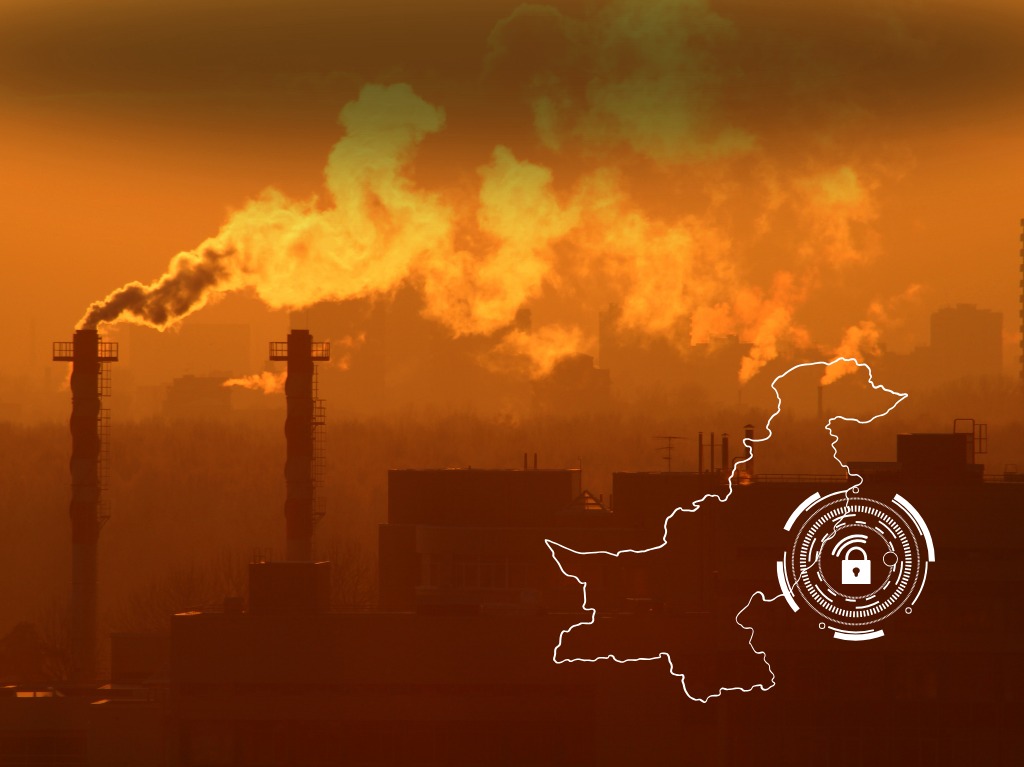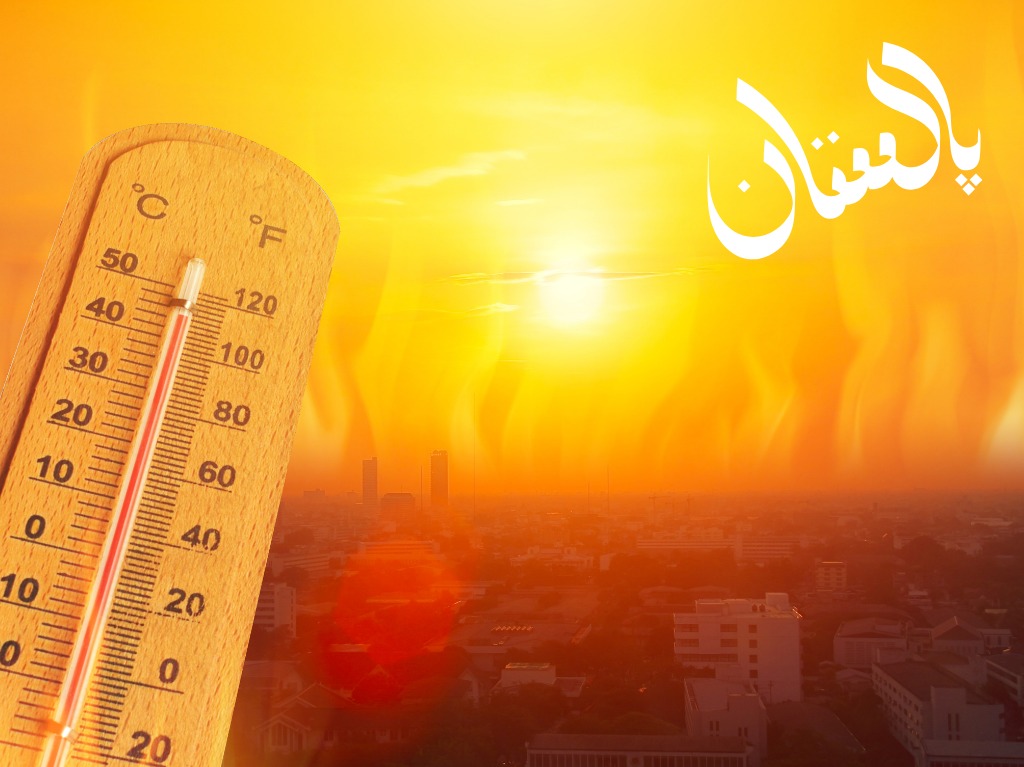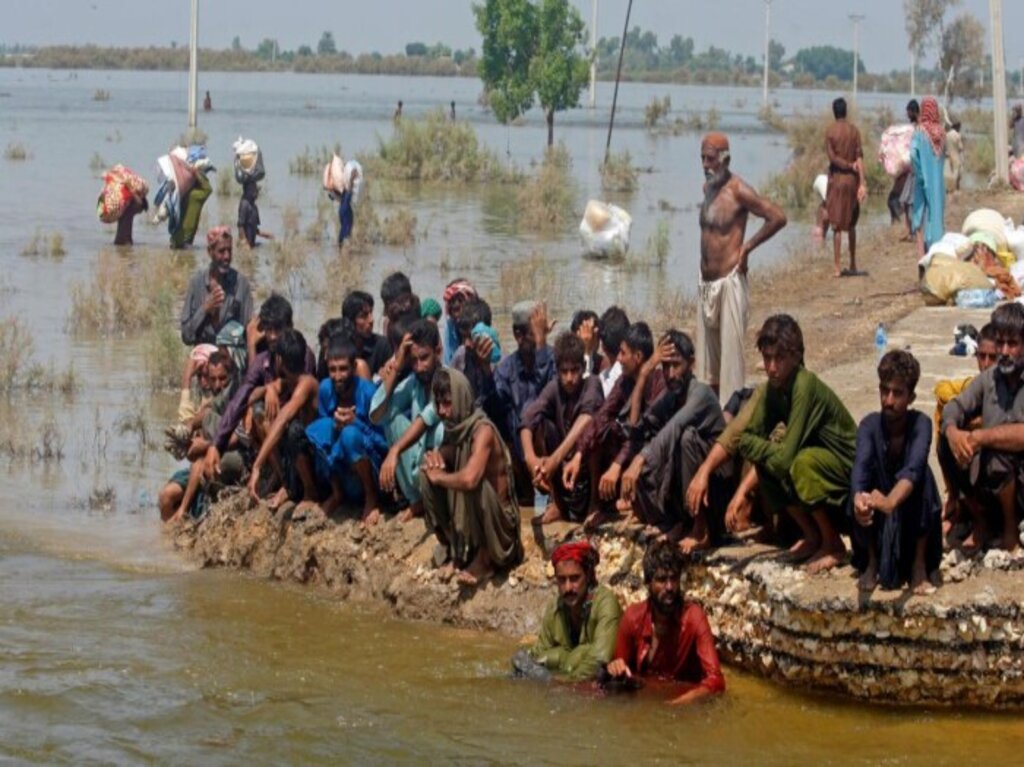The Cost of Climate Inaction in Pakistan

Climate change is an inevitable challenge to the whole world, a problem that has exceeded its boundaries and raised concerns for the future security of mankind, particularly in states like Pakistan. It is a threat that needs to be tackled first. According to the reports of the United Nations, Pakistan is the 5th most vulnerable […]
Understanding the Vulnerability of Women and Climate Change

The vulnerability of women to climate change is exacerbated by gender inequality, as seen in agriculture, health, and domestic roles. Women, especially in developing countries, bear a disproportionate burden due to economic and social constraints. Empowering women through education, leadership, and global action, as seen in efforts like the Paris Agreement and grassroots movements, is crucial to addressing both gender inequality and climate change effectively.
Global Warming: A National Security Threat

In 2022, heatwave has further worsened food insecurity, damaging orchards and reducing wheat production by 10%, impacting small farmers’ livelihoods and rendering formerly arable land unusable. Already facing wheat shortages due to Russia’s war in Ukraine, Pakistan’s food insecurity undermines peace and stability.
Pakistan: Bearing the Brunt of Global Warming

The international community, especially developed nations, must align their developmental policies with the directions and protocols set by the Conference of the Parties (COP) to profoundly address the urgent threats of climate change.
Climate Governance and Pakistan

Resilient climate governance is a prerequisite for Pakistan to cope with the potential challenges of climate change. But unfortunately, in Pakistan, climate governance is trapped by many surmountable flaws, resulting into the inculcation of ineffective approach to seize the threats. Its ability to deliver climate services across the country is limited.